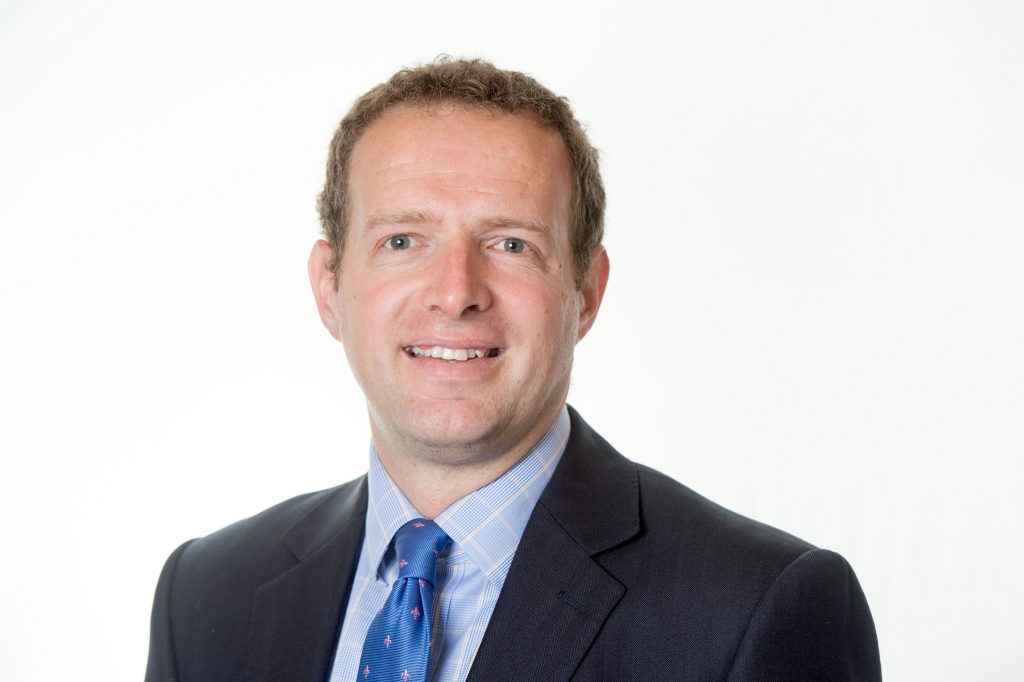Family-owned contractor Stepnell’s turnover has increased by 16 per cent despite “market challenges”, according to its latest accounts.
The Rugby-based firm’s results for the year ending 31 March 2024, released last Friday, revealed framework contracts helped its revenue rise to £108.8m compared with £93.6m the previous year.
Stepnell has been active in delivering a sports centre redevelopment for Derby City Council, under the Scape Regional Construction Framework.
However, the firm’s pre-tax profit slipped slightly to £1m, down from £1.3m. As a result, its margin narrowed from 1.3 per cent to 1 per cent.
The annual results followed the announcement last month that the Wakeford family was demerging some of its interests.
Managing director Tom Wakeford said in a statement accompanying the accounts: “The increase in turnover is a demonstration of planned growth in targeted areas and progress across the business, despite the prevailing market challenges.”
He added: “Transparency over budgets is absolutely critical, creating and nurturing positive relationships that improve client and project outcomes.”
Repeat clients, mainly among local authorities, were also a factor in the revenue increase, despite what the company’s accounts described as “challenging market conditions”, as high interest rates put pressure on clients’ budgets throughout the year.
The firm added that it had focused on contracts where clients were able to “provide early budget advice [and] identify and address technical problems”.
Stepnell also said it rejected “opportunities which did not meet our criteria to trade”, while it also sought to employ its own labour and buy materials directly.
Cash at hand, at £3.8m, was up from £2.8m. Stepnell did not pay out a dividend.
Monthly average headcount was also up from 311 to 324.
The firm had no bank-loan debt but the amount it was owed by trade debtors rose from £9.4m to £12m.
Looking ahead, the firm said it would continue its strategy of securing places on frameworks.
Stepnell added that it had already secured 90 per cent of its revenue target for the 2025 financial year, mostly via frameworks, preferred bidder and two-stage tender processes.
Wakeford said: “We continue to secure placement on key industry public sector frameworks. This facilitates continual improvement of our offering to our clients and the supply chain we work with.”
He added: “We’re finding enhanced governance and selectivity at all levels is allowing us to recognise and manage significant business risks that are typically associated with lowest-price single-stage tendering.”

